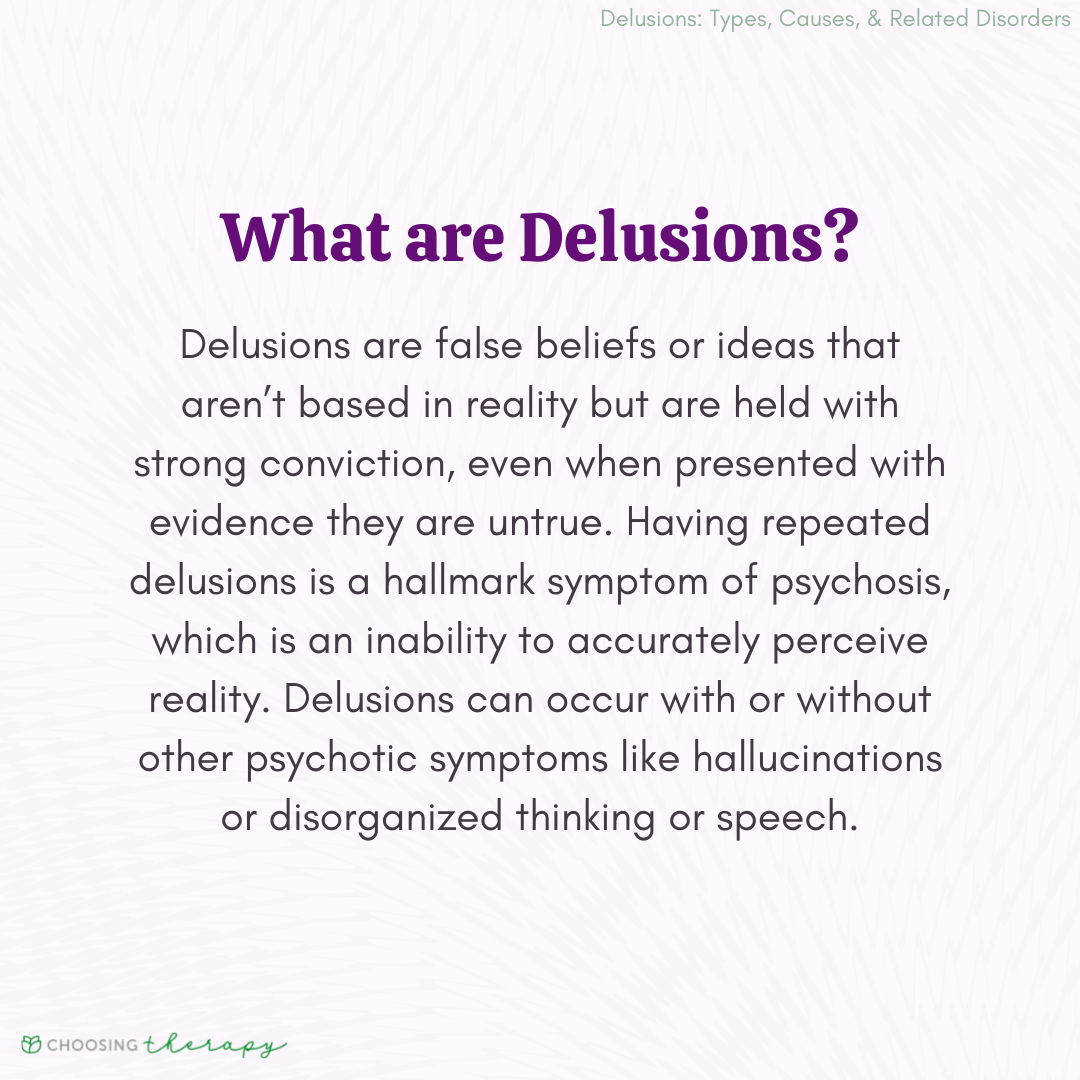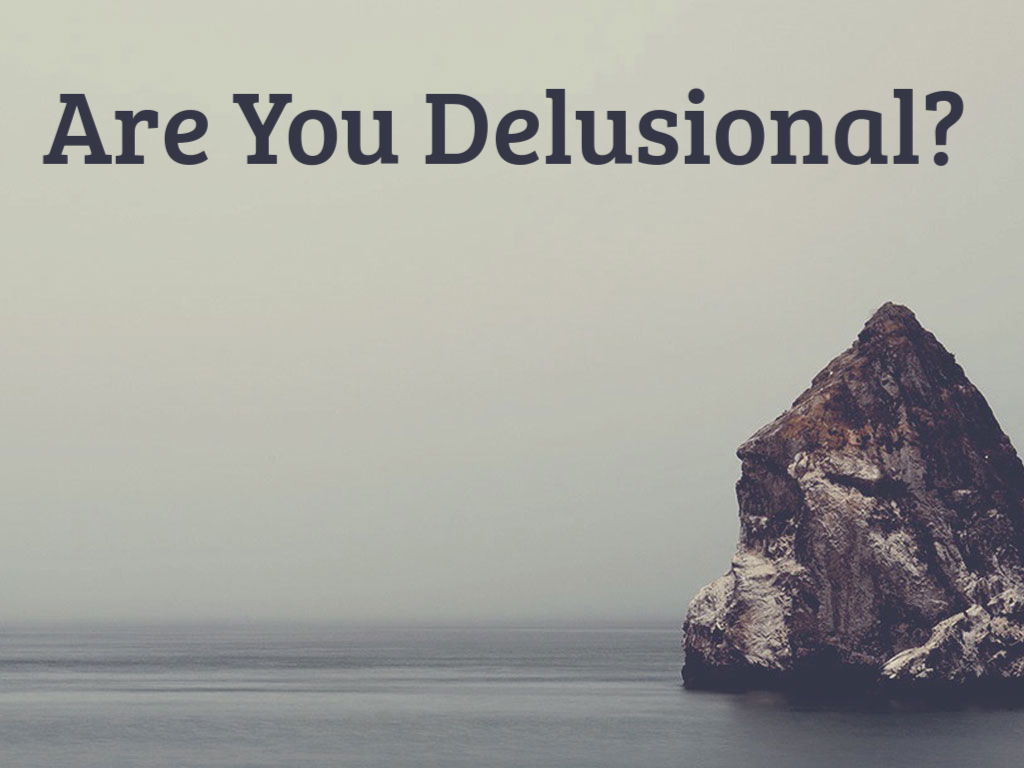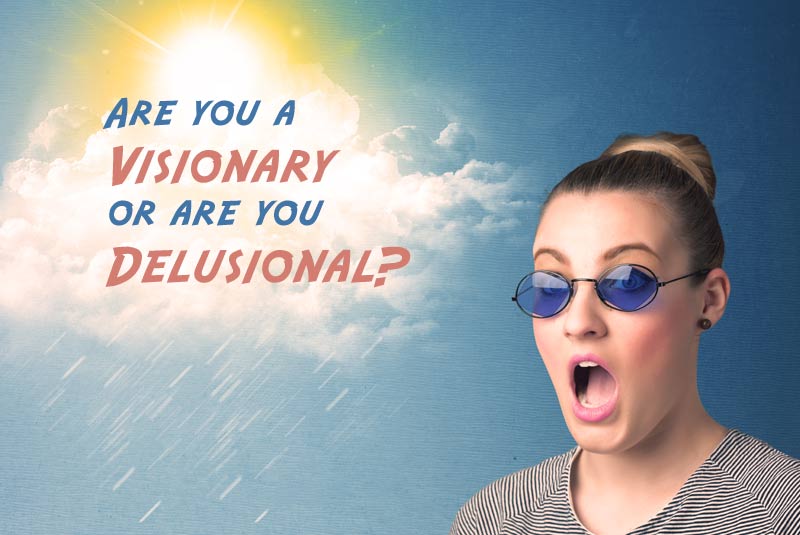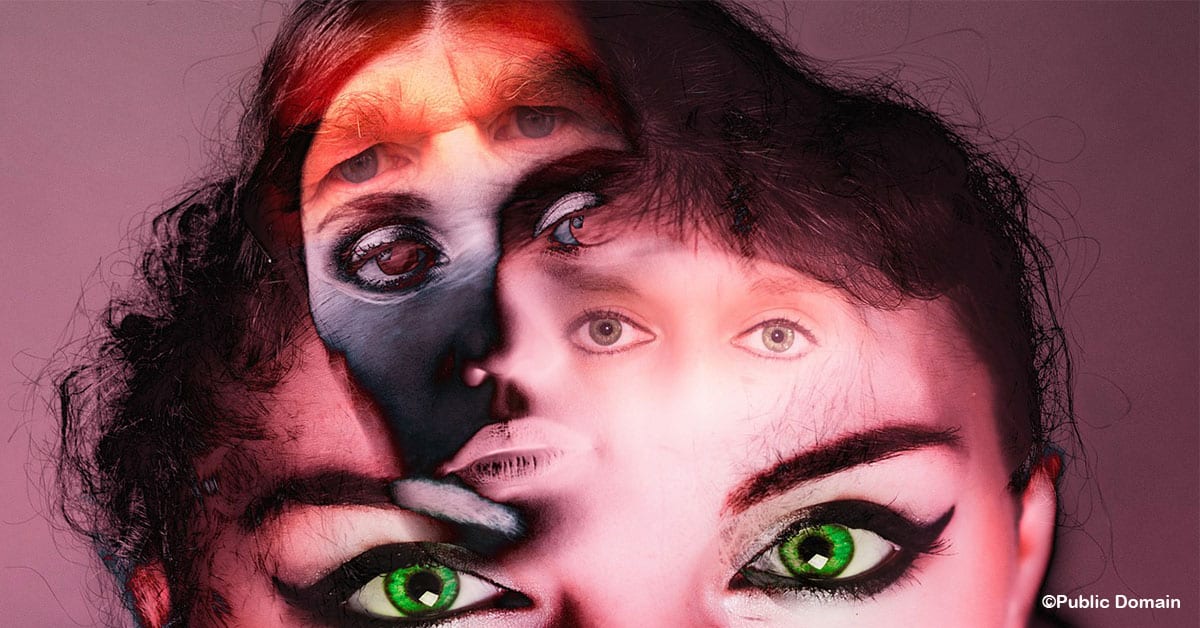
What Are Delusions & Delusional Disorders?
Delusional disorder, previously called paranoid disorder, is a type of serious mental illness called a psychotic disorder. People who have it can't tell what's real from what is imagined..

Delusional Takes but BETTER!!! on Twitter
Delusional disorder refers to a condition in which an individual displays one or more delusions for one month or longer. Delusional disorder is distinct from schizophrenia and cannot be.

Abnormal Psychology Abnormal psychology, Psychology disorders, Psychology studies
1 Understanding Delusions 2 Breaking Down Delusions 3 The Relevance and Importance of Delusions in Society 4 What Should I Do With the Results of the Quiz? 5 Conclusion Delusions are a key symptom of several psychiatric disorders, such as schizophrenia, bipolar disorder, or delusional disorder.
/what-is-paranoid-schizophrenia-4155331_final-fa6c66e4d61144079a2fa4897743ea39.png)
What to Know About Paranoid Schizophrenia
Andrea Reyes · Follow 3 min read · Dec 12 Have you ever wondered if your beliefs or perceptions of the world align with reality? Do you sometimes question whether you're overreacting or.

Anxiety is Often the Cause of Delusions
Delusions can be a symptom of a psychotic disorder like schizophrenia, or they can be the only mental health issue a person has. When that's the case, it's called delusional disorder. With.

Are You Delusional? Faithlife Sermons
Delusional disorder is classified as a psychotic disorder, a disorder where a person has trouble recognizing reality. A delusion is a false belief that is based on an incorrect interpretation of reality. Delusions, like all psychotic symptoms, can occur as part of many different psychiatric disorders. But the term delusional disorder is used.
/definition-of-delusion-4580458_final-994d6a3598ad48c081f3974290c13714.png)
Delusions Definition, Symptoms, Traits, Causes, Treatment
A delusion, on the other hand, is "an idiosyncratic belief or impression that is firmly maintained despite being contradicted by what is generally accepted as reality or rational argument.

Are You Happy Or Delusional? Observer
Causes Delusional Disorder A delusion is a strongly-held or fixed false belief that conflicts with reality. The Diagnostic and Statistical Manual of Mental Disorders, 5th Edition (DSM-5) defines delusions as fixed beliefs that are not amenable to change in light of conflicting evidence.
:max_bytes(150000):strip_icc()/delusions-5113070-Final-a1141c0a3f814314b2f58b25f3544dde.gif)
Delusions Types, Themes, Causes, Diagnosis
Do you need help for Delusions or being "Delusional"? If you have a mental health condition that's causing a break from reality, you absolutely need to seek help. Delusions can cause harm to yourself or others, affect your relationship, lead to legal issues, or contribute to depression, according to the Cleveland Clinic.

Delusional People See the World Through Their Mind's Eye Live Science
A man says he's "Goose Wayne Batman" and dedicated to bringing people to justice. Does he have a mental illness? Is he being selfish? What does his fiancée s.

Are You Delusional? Let's Talk DunningKruger Financial Samurai
Delusional disorder is a rare diagnosis. According to the DSM-5, the lifetime prevalence of delusional disorder is approximately 0.2%. Delusions can be linked with paranoia, which refers to.

Watch Days of our Lives Highlight Are You Delusional?
Key points. Delusional disorder can be hard to detect because the pathology is encapsulated and the person may seem very stable. If someone's delusion becomes believed by others and affects their.

How to Reason with a Delusional Person Helping a Sibling with Delusional Disorder BrightQuest
Delusional disorder is a psychotic disorder that can make it hard for a person to distinguish between what's real and what's imagined to be true. The primary symptom of this condition is the presence of delusions, which are irrational, unshakeable beliefs that are untrue.

Are You a Visionary or Are You Delusional? Thought Leadership Leverage
3. Know that certain disorders can have delusions. There are several official disorders that can have hallucinations or delusions or both, some of these include schizophrenia, bipolar disorder, depression, delirium, and dementia. [3] , [4] 4. Understand the difference between a delusion and a hallucination.

Hallucinations, Optimism Help Maintain Grandiose Delusions in Schizophrenia Psychiatry Advisor
Print. When people experience delusions or hallucinations there is usually some loss of contact with reality whereby normal processes of thought and perception are disturbed. As humans, we are all.

10 Mental Delusions You Might Be Surprised Actually Exist
Delusional disorder is a rare condition, with estimates suggesting that the probability of a person developing it during their lifetime is as low as 0.05-0.1%. The condition is equally prevalent.